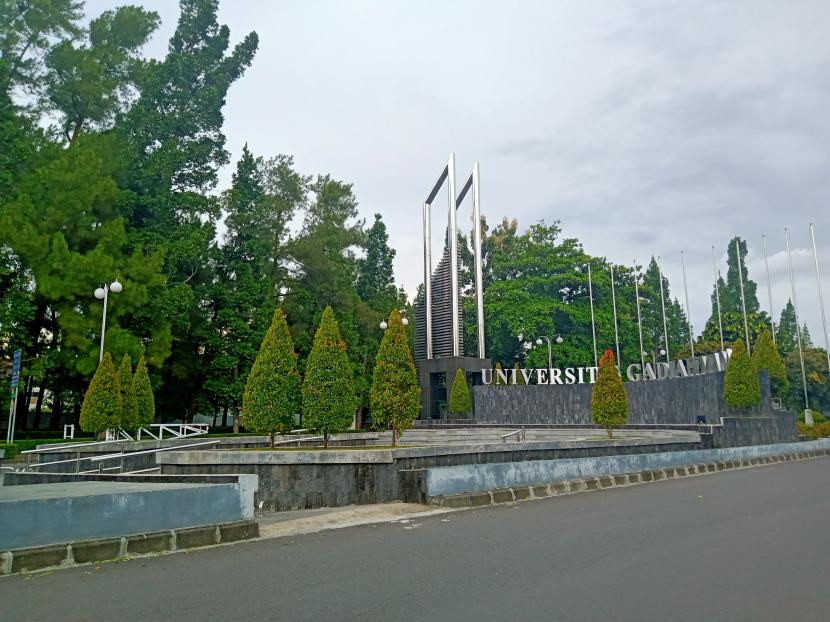REJOGJA.CO.ID, YOGYAKARTA -- The Center for Tropical Medicine (PKT) of Gadjah Mada University (UGM) in Yogyakarta has developed a mobile application to support treatment for drug-resistant tuberculosis (TB RO) patients.
Director of PKT UGM, Dr Riris Andono Ahmad, stated that the application called "TOMO," or Tuberculosis Monitoring, will facilitate supervisory communication with patients in taking medication.
"The innovation called TOMO will support the successful treatment of drug-resistant tuberculosis patients," Ahmad noted in a written statement received here, Thursday.
He explained that TOMO is an integrated mobile application developed to improve the quality and effectiveness of TB RO services.
This application is expected to bridge the continuity of tuberculosis clinical management services, Ahmad stated.
In addition, TOMO can serve as a medium to expedite the handling of side effects experienced by TB RO patients, he revealed.
He is upbeat that the convenience offered by the application can reduce the likelihood of patients stopping treatment that could thereby help to lower the possibility of wider drug resistance.
"TOMO has great potential to help TB RO patients in completing their treatment because it is designed according to the needs of patients and drug-consuming supervisors (PMO)," he stated.
According to Ahmad, the application was developed based on several tuberculosis cases in Indonesia.
The World Health Organization (WHO) report states that Indonesia is one of the countries with the highest TB burden in the world.
Meanwhile, the treatment for TB is neither quick nor easy, as it extends for six months. Moreover, the side effects of the drugs cause several patients to give up in the middle of the treatment process and develop TB RO, Ahmad pointed out.
He remarked that treating TB RO is becoming increasingly difficult, as it can take nine to 11 months for the standard short term and even 18 to 24 months for the long term.
He noted that the patient's long-term commitment to taking three to seven medicines per day for a long period must be observed by the drug-consuming supervisor (PMO).
Hence, apart from the TOMO application for patients and their families, his side has also created the TOMO CM application for health workers, Ahmad remarked.
The features in the two applications were different according to their respective roles, he stated.
Ahmad explained that the TOMO application for patients focuses on reminding patients to take medicines, sending information regarding medicines, complaints' feature, and providing educational information for patients.
Meanwhile, TOMO CM functions to facilitate the task of the case manager and the community health center (puskesmas) to respond to patient complaints, arrange patient visit schedules, and validate patient medication information on a daily basis.
In addition, Ahmad said the application will accommodate clinical experts to observe patient complaints in real-time, check the patient's routine control schedule, and provide a summary of information on taking medication and patient complaints.


